 After being at Marquette for close to two years, something struck me — Marquette’s campus maintains an almost sealed lip on issues of racism and race relations.
After being at Marquette for close to two years, something struck me — Marquette’s campus maintains an almost sealed lip on issues of racism and race relations.
Well, last week, Stephanie Beecher’s article titled “The African American Hypocrisy” which was published in “The Warrior,” disturbed the calm waters of racial discourse at Marquette.
While doing a good job at starting a profound conversation, Beecher argued racism in its traditional definition no longer exists in America — rather racism is a cultural construct used by blacks to keep the status quo.
I received call after call, text after text. We were all talking, both black and white, about the dreaded topic of race relations. Most importantly, we weren’t just giving off feeble sound bites, we were engaging in a constructive discourse.
It was a revival of some sort. I remember thinking to myself, “Alas, our slumbering souls have awakened. We are finally talking about this.”
In spite of my newfound joy, I was saddened we only started talking about race across racial lines through a controversial article.
We all did not start talking until we were treated to an article that underestimated the reality of racism and oversimplified the cumbersomeness of race relations in America.
Although student organizations and classes have held forums in the past, the conversation hardly ever leaves such formal settings.
Here is my take on the whole issue: For anyone who thinks we now live in a post-racial America, think again. And for anyone who thinks racism is a social construct devised by blacks to preserve an identity as Beecher suggested in her article, you must be living in denial.
No one strives for freedom and then after achieving it constructs racism as a means to be different. No rational being seeks the constant status of victimhood like Beecher suggested, especially the type that racism brings.
To say or do such a thing would truncate Martin Luther King’s prophesies, throw Rosa Parks to the back of the bus again, and trivialize the perseverance of the Little Rock Nine.
Racism is still present in our society today and that’s the blunt truth. It’s demeaning to say it is because black people want it and it would also be unfair to blame it solely on the inaction of white people.
Both races have made giant strides in bridging the once gigantic schism, but both the gap and slippery slopes still remain.
The racism we see today isn’t like that of the early and mid-1990s. It’s more passive but just as dangerous.
According to a 2004 study by the Cambridge, Mass. based National Bureau of Economic Research, a black-sounding name remains an impediment to getting a job in America. Black-sounding names were 50 percent less likely to get a callback than white-sounding names with comparable resumes.
Remember the Jena 6 incidents in 2006? Racial tension escalated between black and white students at a Louisiana high school. There were nooses hung and outright differential treatments.
Now if these aren’t racist acts then what is?
But with that said, we should not forget about the progress that has been made thus far.
Light-skinned or not, America elected a black man as its 44th president. Not “Black America” or “White America,” but the United States of America. That in itself tells a story; but doesn’t conclude it.
The issue of racial relations is a dilemma. It is one we all should be held accountable for. White or black, we all have a stake in this discourse and progress.
So in the spirit of Black History Month, let us remember that although the past might have been murky, the future remains unwritten.
Like Terrence Roberts, a member of the Little Rock Nine, said, “Are we willing to confront our racist past in an effort to redeem the present and make plans for the future? Are we willing to confront self about what we are doing to support this status quo?”
These are the questions we must ask ourselves.
Since true culture difference is principal to human existence, we need to come to appreciate the honest beauty diversity brings.
We need to realize that we are the same people looking at the same picture from different angles.
And the only way we can come to learn, appreciate and be at peace with each other is if we talk it out. We must lay down our deep-seated fears of race in order to hasten the healing process of injuries caused in the past.
Food For Thought: We must be ready and bold enough to talk about the hard things to move forward, lest we drown in cowardice and remain stagnant.

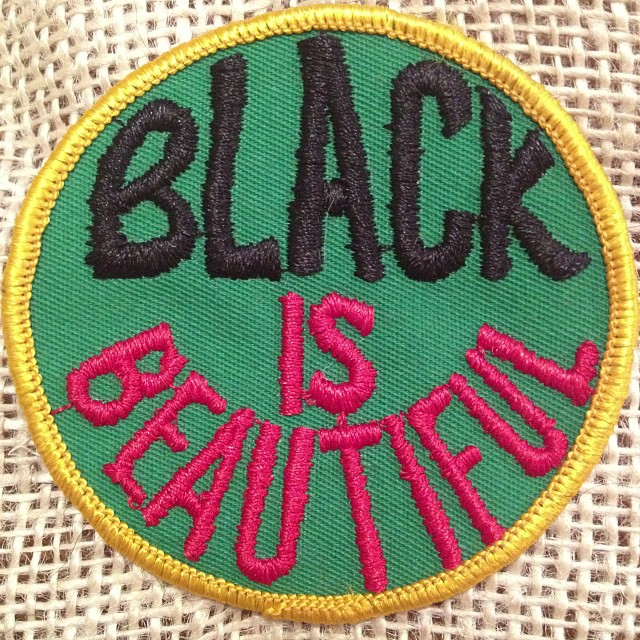
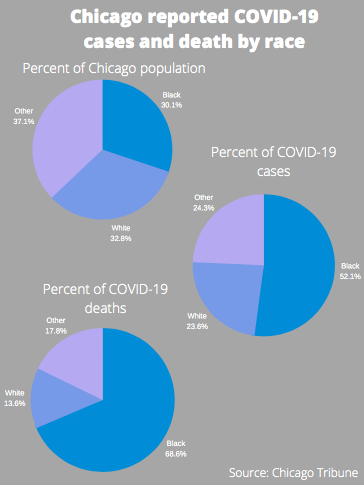
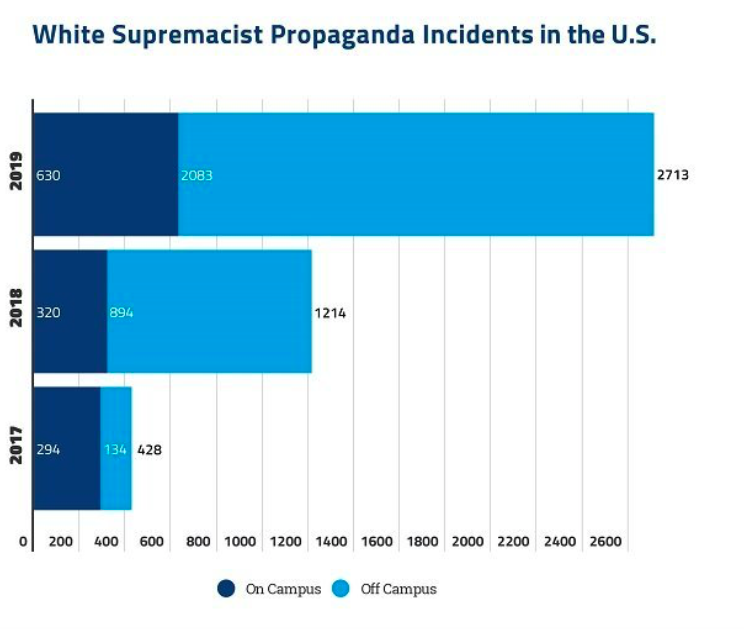

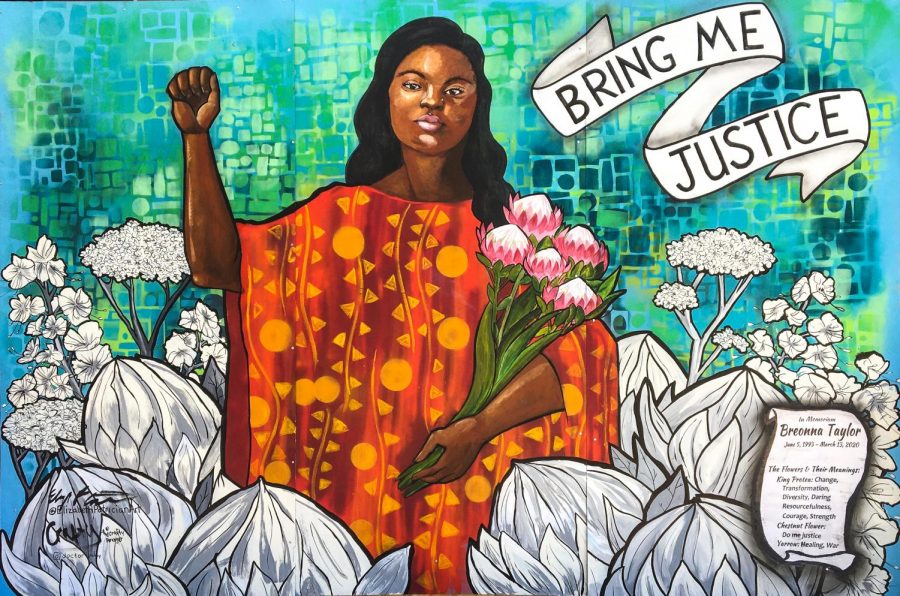
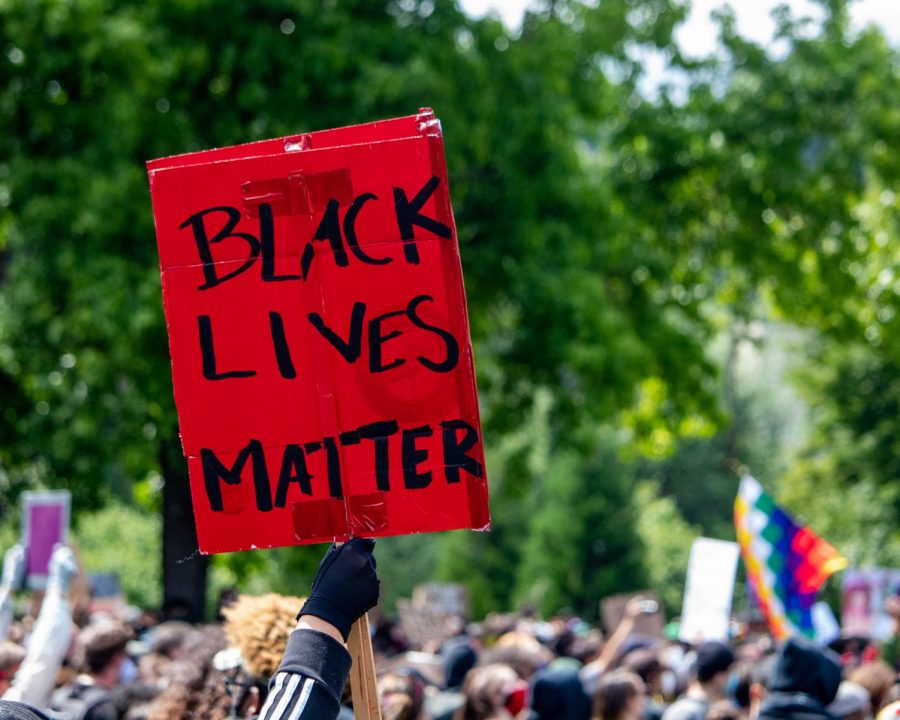
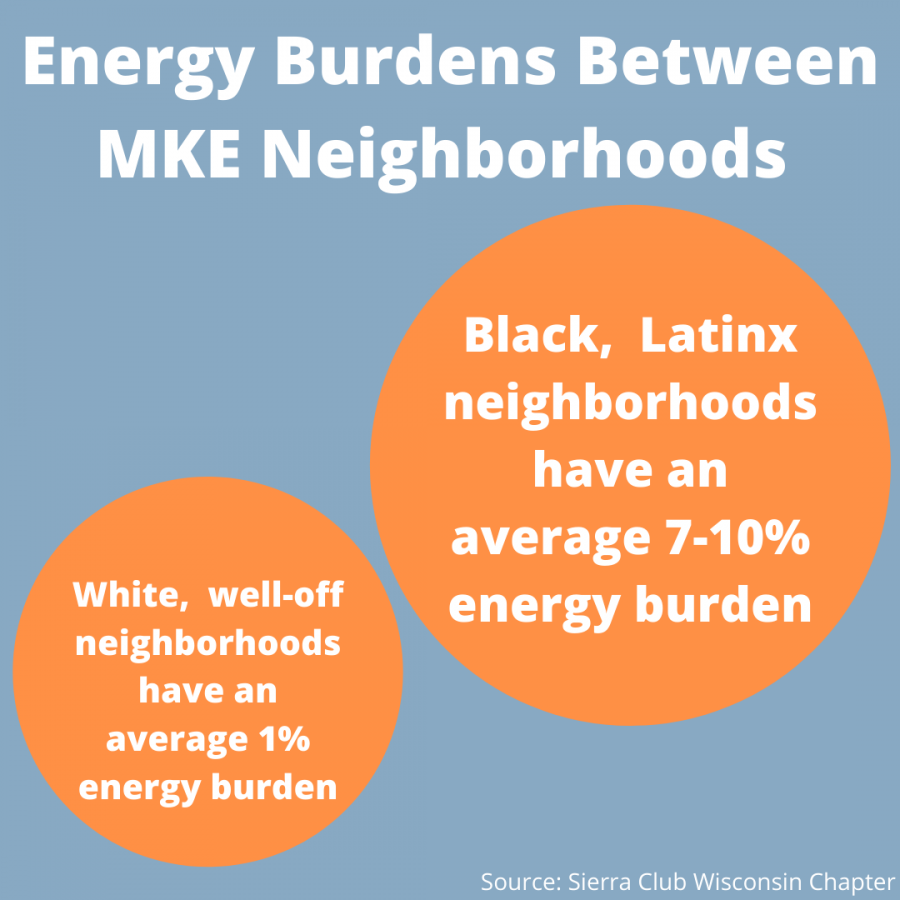

Evangelist andy akhigbe • Feb 12, 2010 at 10:39 am
A brilliant touch on the topic of racism by ur article.The spiritual angle to the concept in the light of the love of God for man kind gives a good premise for a perfect analysis.